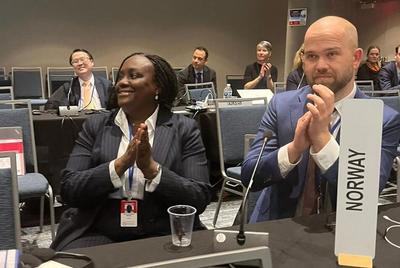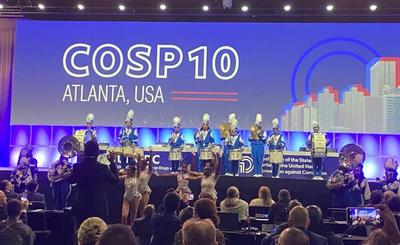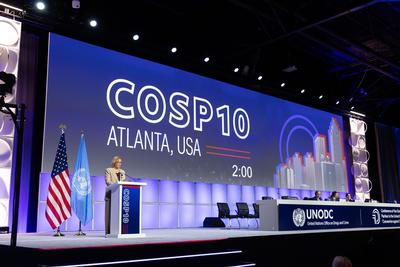The political economy of REDD+ and corruption
Programmes designed to reduce emissions from deforestation and forest degradation (REDD+) intend to reward individuals, communities and countries that cut carbon emissions from forests. They envisage improving incentives towards either retaining standing forests or instigating more sustainable and controlled forestry activity. REDD+ programmes present a possible entry point for improving forest governance practices in forested developing countries while simultaneously addressing forest-related carbon emissions as part of a global climate regime. The central role of issues of governance, public integrity and corruption in the success of REDD+ programmes is widely acknowledged both in relevant academic and policy literature and in ongoing discussions within the development practitioner and research communities. Good governance, anti-corruption and public integrity approaches suitable for REDD+ are explored both in the literature and in international and national policy workshops, stakeholder meetings, and conferences. This PhD course shared insights from a three year applied research project (entitled REDD Integrity) at the U4 Anti-Corruption Resource Centre, CMI, supported by Norad, into the political economy of corruption, REDD+ and anti-corruption. The country cases of the Philippines and Kenya were discussed in particular. Group work provided an opportunity for participants to think creatively about the corruption challenges REDD+ presents for climate governance goals and some of the safest ways of possibly dealing with these problems.
David Aled Williams





